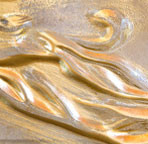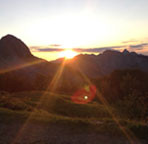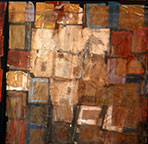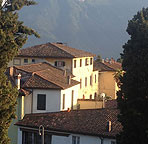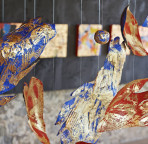[O]ne of the reasons poetry has such power is that it relies on our senses—which means it relies on part of what makes us particular human creatures with individual identities. Poetry awakens first our senses and then our feelings and thoughts.
But poems do more than describe sounds or scenes. They actually become the sounds or scenes. You read a poem about the resurrection and you know a bit of what it feels like to have restored and renewed flesh.
In order to have this effect, poetic language must “upset the ordinary” in some way. Now here’s the rub: consider the predicament of so much religious language these days. It certainly does not upset the ordinary. It is cliché-ridden; it resorts to formula phrases. It is so familiar that it is invisible. It has great potential but it doesn’t realize it.
(. . . )
Language, especially familiar language, seems almost insufficient to capture the transcendent, to reflect truth in all of its complexity. But language is what the poet has to work with and so the poet is forced to take sometimes exaggerated, sometimes extreme steps to pierce the mundane, breaking up lines, using words in odd new contexts, relying on sound effects and packing the stanzas with sensuous images and fragments from Scripture, and the common language of our faith which suddenly takes on new meaning through these odd juxtapositions.
—Jill Pelâez Baumgaertner, “Silver Catching Midday Sun: Poetry and the Beauty of God” in The Beauty of God: Theology And the Arts, Editors Mark Husbands, Roger Lundin and Daniel J. Treier
Here is another reminder of how important the artist’s apprehension of the actual material of the artistic process is to the work. That material, tethered as it is to this world, is what we have to work with. Whatever form of expression we consider, our materials spring from a common enough source. Movement and song, and the raw material we grasp in our hands is common to all. Language, no less, in the case of the poet’s craft, is ordinary stuff. So how do we “upset the ordinary”, a task for the poet which Baumgaertner goes on to describe as, “nothing less than revitalizing the language so that it expresses truth?” How do we reconstitute the clay we work with so that it might “capture the transcendent?” A question I can’t help considering this week as a smear of ash is imposed upon my forehead; a common enough material, it’s relevance a thing to ponder.
Comments welcome.

